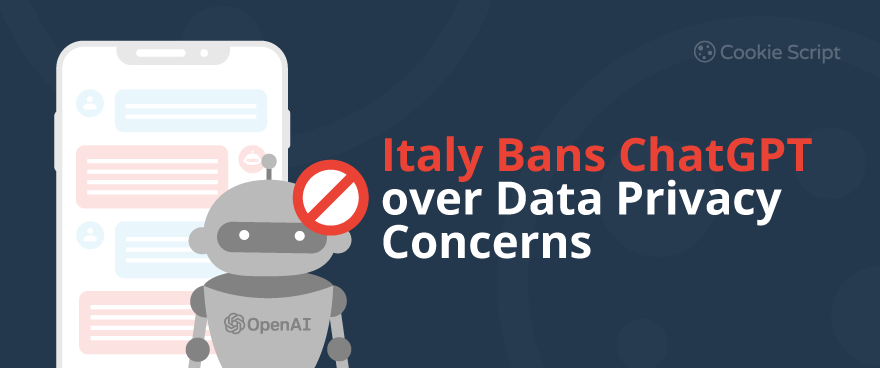OpenAI Facing FTC Investigation: ChatGPT And The Future Of AI ...
The FTC's investigation into OpenAI likely focuses on several key areas where ChatGPT and its underlying technology raise significant concerns. A primary concern revolves around data privacy and security. The training of ChatGPT and similar AI models involves vast amounts of user data scraped from the internet. The FTC is likely investigating whether OpenAI's practices comply with consumer protection laws, specifically focusing on:

- Data privacy and security
- Potential for generating false or misleading information
Another significant area of concern is the potential for ChatGPT to generate false or misleading information. The ability of LLMs to convincingly produce fabricated content raises serious questions about:
- Authenticity of information generated
- Impact on credibility and trust
Implications for AI Development and Regulation
The OpenAI investigation has significant implications for the future of AI development and regulation, extending far beyond OpenAI itself. This investigation sets a critical precedent for how AI companies will be regulated globally. It highlights the need for:
- Stricter regulations on data usage and model training
- Increased transparency and safeguards

The outcome of the FTC investigation will profoundly impact the development and deployment of future LLMs, including:
- Regulatory changes in business practices
- Implementation of more robust safeguards
OpenAI's Response
OpenAI's response to the FTC investigation will be critical in shaping the outcome. OpenAI will likely defend its practices by highlighting its efforts to address safety and ethical concerns. This may include detailing its investments in AI safety research and the implementation of safeguards to mitigate risks associated with ChatGPT. We can expect to see OpenAI actively engage in dialogue with the FTC and potentially implement further improvements to its systems and data handling practices.
Potential Outcomes
The potential outcomes for OpenAI range from significant fines to mandated changes in its business practices. The investigation could lead to stricter regulations on data usage, model training, and content moderation. The FTC might also require OpenAI to increase transparency and implement more robust safeguards to mitigate the risks associated with its technology. The outcome will undoubtedly shape the future of AI development and influence how other AI companies approach similar challenges.

Conclusion:
The FTC's investigation into OpenAI and ChatGPT marks a pivotal moment in the history of artificial intelligence. The outcome will have far-reaching consequences for the future of AI development, regulation, and the responsible use of powerful technologies like ChatGPT. Understanding the implications of this investigation is crucial for both AI developers and users. To stay informed on the latest developments in AI regulation and the evolving landscape surrounding OpenAI and ChatGPT, continue to follow reputable news sources and industry analyses. The future of AI oversight hinges on robust discussions and proactive measures to mitigate risks and foster responsible innovation.










